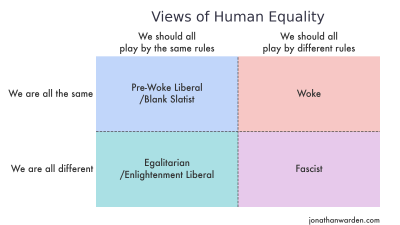“Democracy is a technology. Like any technology, it gets better when more people strive to improve it.”
– Audrey Tang, Taiwan’s first digital minister
There is increasing momentum in the world of “digital democracy”. But I don’t think the general public understands what digital democracy is, nor its potential to make the world a better place.
In a very general sense, digital democracy just means the use of digital technology in the democratic process. But digital democracy is more than just a government I.T. department. Its potential is not limited to making existing democratic processes more efficient and modern. Rather, it promises a new paradigm for democracy that is more fundamentally democratic, because citizens more directly and effectively control government. New technology not only makes more direct participation possible; it can make democratic processes more fair, transparent, and resistant to manipulation and concentration of power; it can help people make decisions that are more informed and intelligent; and it can help groups overcome the dilemmas of collective action that prevent us from coordinating to solve some of humanities biggest problems.
